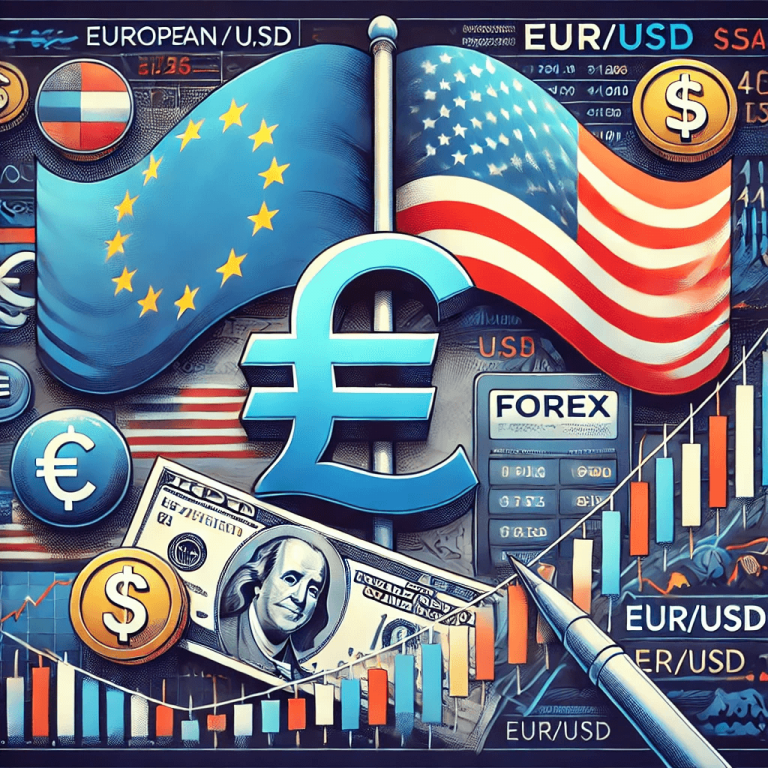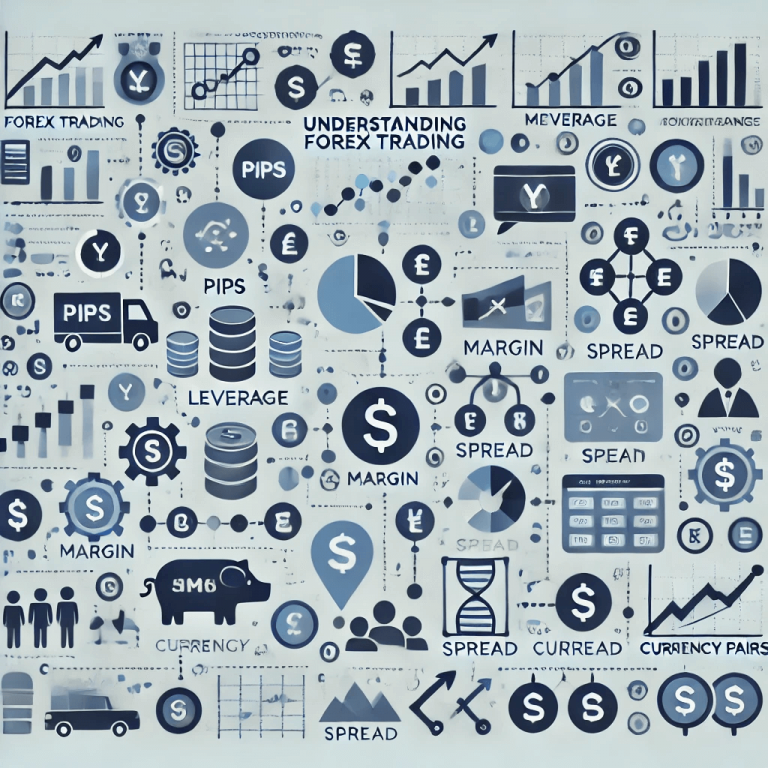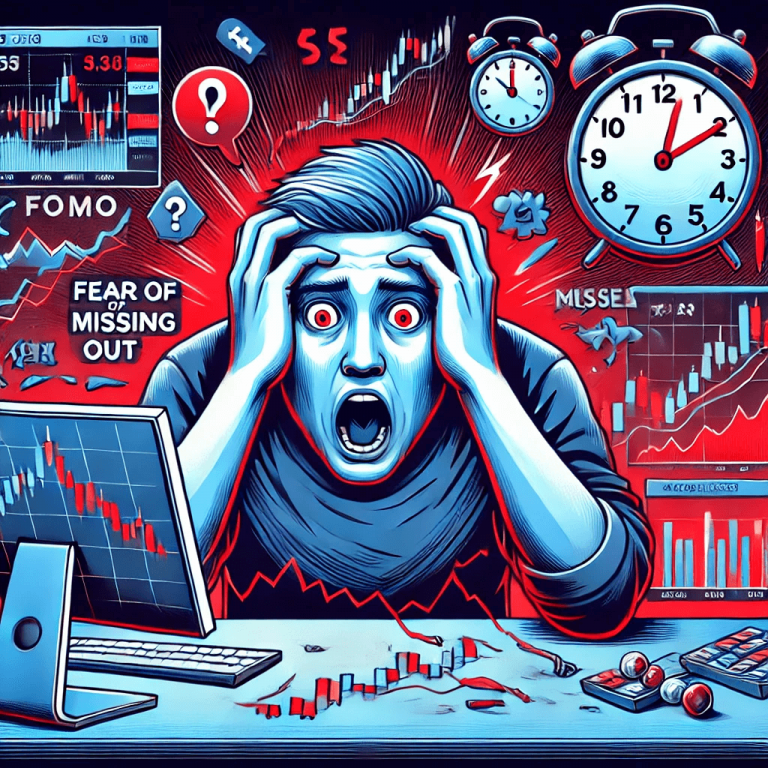Major Market Players
1. Central and Commercial Banks:
– Central Banks: These institutions control monetary policy, impacting currency values through interest rate changes, open market operations, and foreign exchange reserves management. Key actions by central banks, such as rate adjustments or interventions, can lead to significant currency fluctuations. For example, when the Federal Reserve announces a rate hike, the USD often appreciates as higher rates attract foreign investment.
– Commercial Banks: They handle large volumes of currency transactions daily, both for their clients and their own operations. Their trading activities can influence market liquidity and volatility. For instance, if a commercial bank executes a massive buy order for EUR/USD, it could temporarily drive up the euro’s value against the dollar.
2. Hedge Funds:
– Speculative Strategies: Hedge funds employ diverse strategies, including arbitrage, macroeconomic trends, and leveraging, to speculate on currency movements. These funds often have substantial capital, enabling them to execute large trades that can sway market prices. For example, a hedge fund predicting economic instability in the Eurozone might short the euro, contributing to its decline.
– Leverage Use: High leverage allows hedge funds to amplify their positions, potentially leading to greater market impact. However, this also introduces higher risk, as leveraged positions can quickly turn against the trader in volatile markets.
3. Retail Traders:
– Individual Influence: Despite smaller trade sizes, retail traders collectively impact market dynamics through volume and sentiment. They often trade through brokers using online platforms, contributing to the overall liquidity and sometimes influencing short-term price movements.
– Technological Access: The rise of online trading platforms and tools has empowered retail traders, providing access to real-time data, analysis, and automated trading systems, enhancing their ability to react swiftly to market events.
4. Large Corporations:
– Currency Needs: Multinational corporations engage in forex trading primarily for hedging and transactional purposes, such as protecting against adverse currency movements or converting earnings from international operations. For example, a U.S. company expecting payments in euros might hedge against potential euro depreciation by locking in current exchange rates.
– Market Impact: Large transactions by corporations can affect supply and demand dynamics in the forex market, leading to price shifts. A corporation’s decision to hedge significant foreign revenue could lead to increased demand for a particular currency, influencing its value.
### Economic and Political Events
1. Economic Data Releases:
– Impact on Currency Value: Key indicators like GDP growth, employment figures, inflation rates, and trade balances provide insights into a country’s economic health. Positive data can strengthen a currency, while negative data can weaken it. For example, higher-than-expected U.S. non-farm payrolls often boost the USD as it indicates economic strength.
– Market Volatility: These releases can cause immediate volatility as traders react to the new information. It’s common for currencies to experience sharp movements during and after these announcements.
2. Political Events:
– Policy Decisions: Political stability and government policies significantly affect investor confidence and currency values. Elections, policy changes, and geopolitical tensions can lead to uncertainty or optimism, impacting forex markets. For instance, unexpected election outcomes can cause rapid shifts in currency values due to anticipated policy changes.
– Trade Agreements: International trade agreements or disputes can also influence currency values. Favorable trade deals might boost a currency, while trade wars or tariffs can lead to depreciation. For example, the announcement of a major trade agreement between two countries can lead to an appreciation of their currencies.
Conclusion
Understanding the roles and actions of various market players and the impact of economic and political events is crucial for forex traders. This knowledge helps in making informed decisions, managing risks, and capitalizing on market opportunities.




